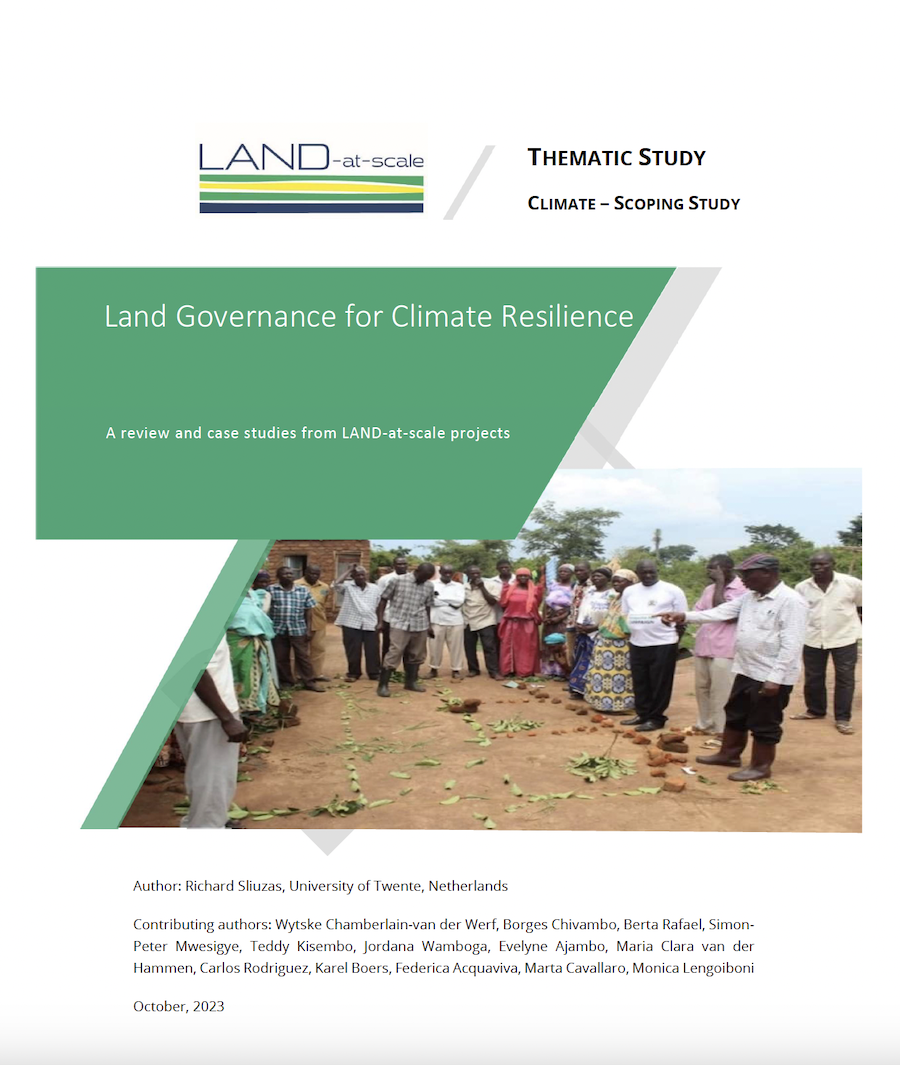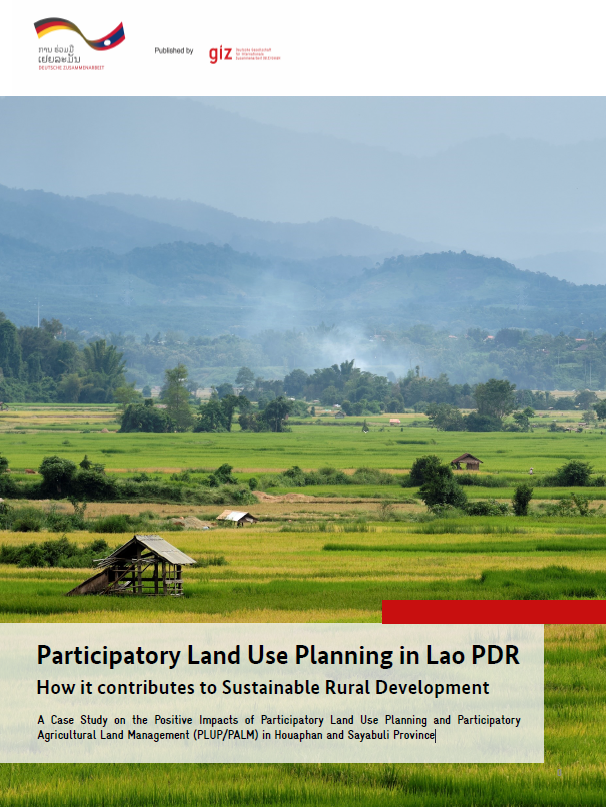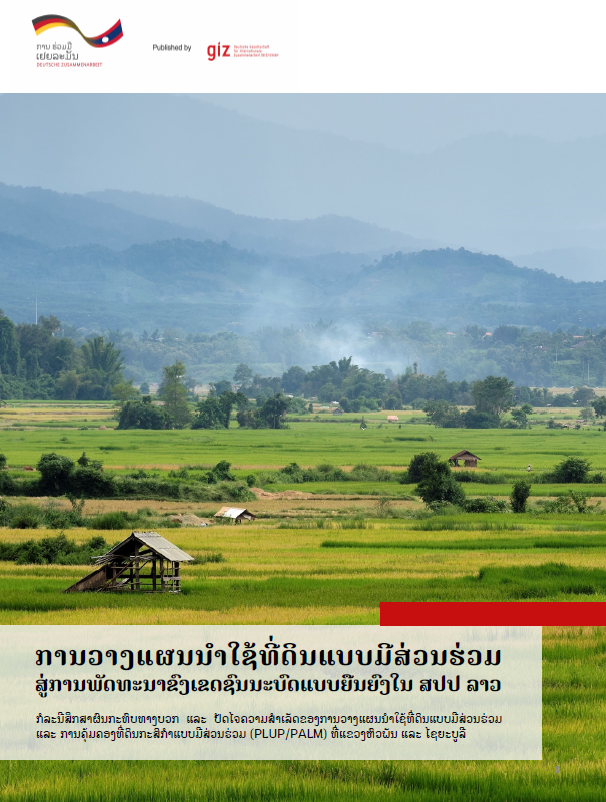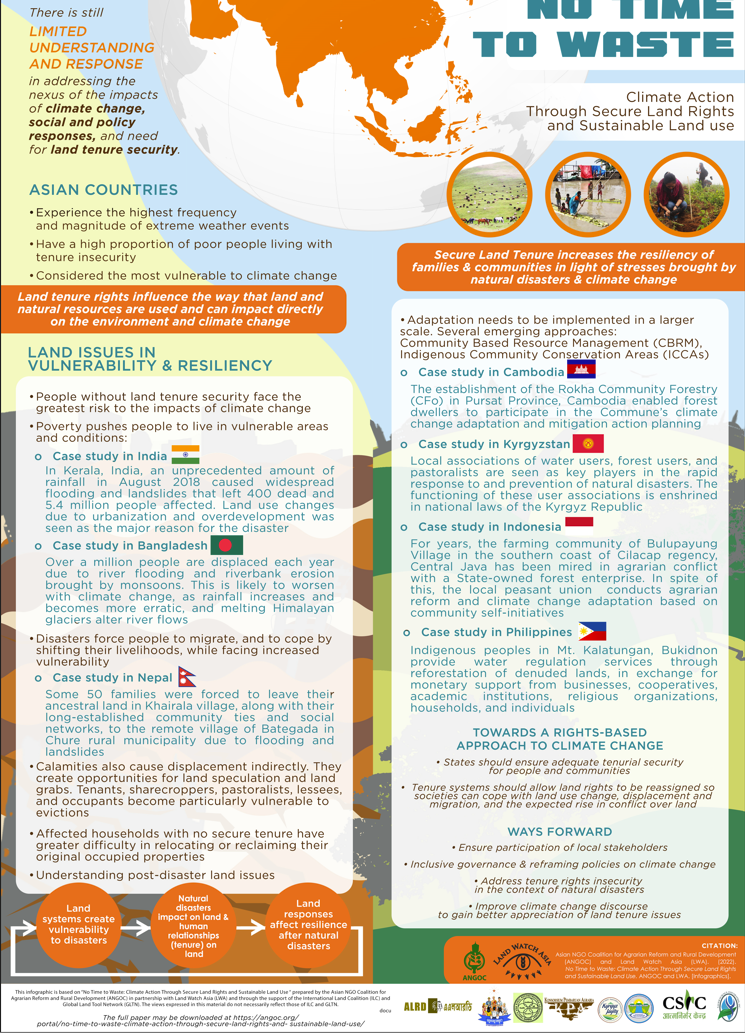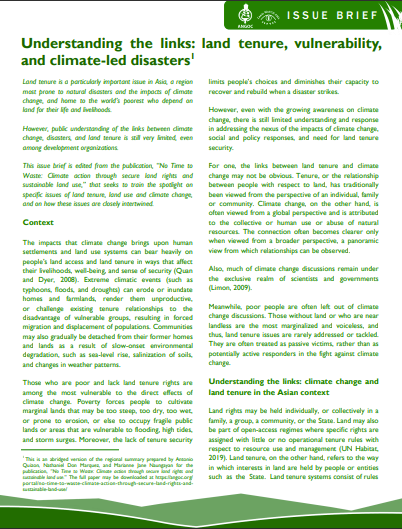Mitigate+: Food Loss and Waste country profile Colombia: Estimates of Food Loss and Waste, associated GHG emissions, nutritional losses, land use and water footprints
Theoretically, the world produces enough food to nourish the growing world population. Although precise data remains scarce, according to most recent studies, globally each year possibly as much as 30 per cent of the food produced is being lost or wasted somewhere between farm and fork.


